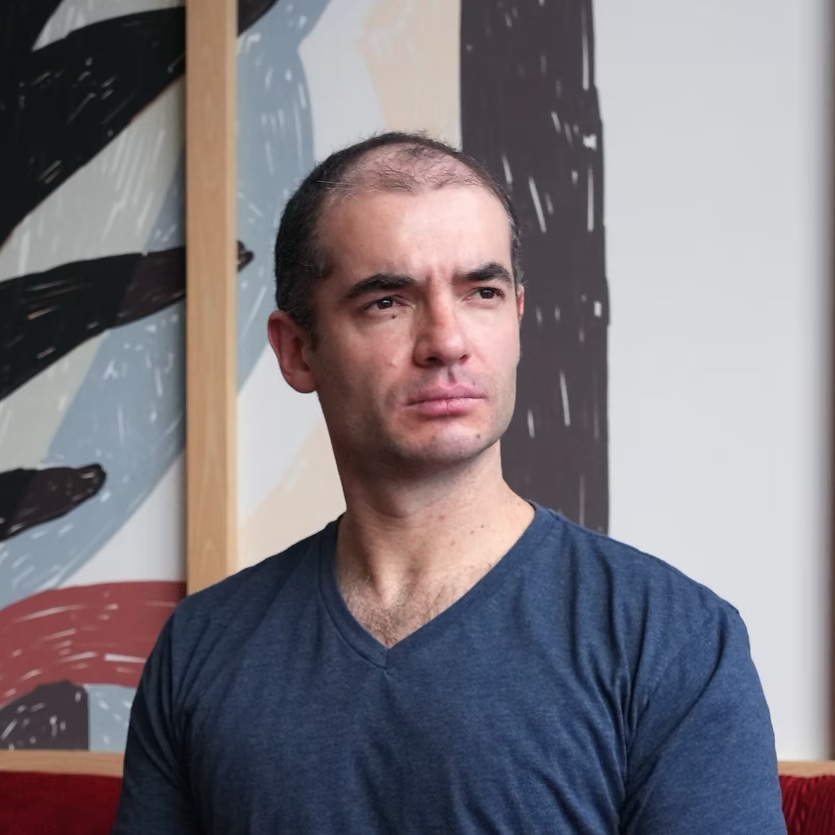Ilya Sutskever, co-founder and Chief Scientist of OpenAI, is a key member of the modern AI Pantheon.
Founded OpenAI (2012) with the goal of creating AGI that is beneficial to humanity on the whole, and explicitlly not controlled by global tech mega-corporations (Google, Amazon, Meta, Apple, Microsoft)…. oh sweet irony.
Initial co-founders included Elon Musk, Sam Altman, Greg Brockman, and Ilya. Notably, Musk personally recruited / lured / poached Sutskever from Google Brain, which led to a permanent rift between Musk and former friend Larry Page (Google co-founder).
Ilya Sutskever was a prodigy of Geoffrey Hinton, who is often cited as the “Godfather of AI.”
Ilya became increasingly concerned about AI Safety and Alignment as OpenAI relentless released first GPT3, then ChatGPT, and finally the AGI of GPT4. In July of 2023, due to these concerns, Sutskever announced that he would be shifting his energies full-time into the field of “SuperAlignment” — essentially, the art of building powerful AIs to “corral,” “align,” and “steer” the even more powerful AGIs that are coming online.
In paralell with this shift of personal mission, Sutskever convinced OpenAI’s management team to devote a full 20% of its entire supercompute budget to solving the problems of Alignment and Superalignment. It has been widely reported that the schism within open AI which led to Sutskever firing CEO Altman was due to Ilya’s desire for Safety vs. Sam’s relentless drive towards capability and product releases.

The OpenAI Coup: Nov 2023
Ilya Sutskever was one of 4 board members of the OpenAI non-profit which (in)famously fired Sam Altman and stripped co-founder Greg Brockman of his board seat on November 17, 2023. Though the full behind the scenes drama (denser than a game of Clue) has yet to be revealed, one thing is certain: Sutskever voted in support of the coup, and he was the one who actually delivered the blow (to Altman, via a videoconference call while the CEO was enjoying the Formula One race in Vegas, no less).
While Sutskever recanted after the majority of OpenAI’s 700+ employees threatened to quit and defect to Microsoft, it remains to be seen (as of Dec 2023) whether he will remain at the company, given the rift between him and Altman, the CEO returning victorious to his roost.
For Altman’s caesar, Sutskever was Brutus.
Ilya Sutskever prior to OpenAI:
- AlexNet — In 2012, Ilya Sutskever, in collaboration with Krizhevsky and Hinton, published AlexNet, which by many counts, was the starting bell for the modern age of AI. It was a CNN (convolutional neural network) that effectively solved a longstanding challenge in the field of Computer Vision (teaching machines how to “see” like humans, translating raw images into symbolic language and scene descriptions)
. - AlphaGO — In 2017, Sutskever was one of many co-authors of the AlphaGo paper. AlphaGO was a game-playing AI designed and trained by Google Deepmind which trounced the top human players of the game in an unprecedented 60-1 sweep. In ____, an evolved version of AlphaGo bested the (human) World Champion, Lee Sedol. Go, played with only black and white pebbles on a large wooden grid, is substantially more complex than Chess.
[In 2017, DeepMind’s AlphaGo beat the reigning human World Go Champion Lee Sedol in a lopsided 4-1 landslide. Due to the very high complexity of the game of Go (a 19×19 binary grid) most experts in both the fields of AI and Go had not expected such a victory until 2025 at the earliest. The impossibility of “solving” Go logically requires the machine to move both intuitively and creatively. Sedol was quoted as saying of one of AlphaGo’s genius-class moves: “The was genuinely beautiful.” Such praise from the world’s best is not to go without notice, and echoes Kasparov’s assessment of Deep Blue in his 1997 loss: “The Machine showed genuine flashes of both genius, genuine innovation, and human-level creativity.”]
IMAGE CREDIT: Jim Wilson / the New York Times / Redux [fair use]

